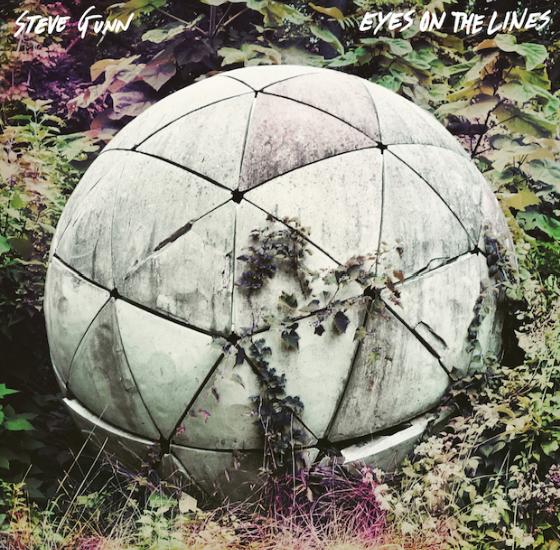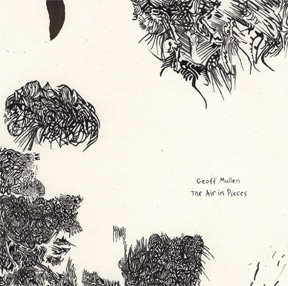Description
In music-critic speak, “meditative” has become an over-generalized term for music that has a certain kind of thoughtfulness to it. It’s the same as “introspective,” “contemplative,” and “reflective” — words that actually have very different meanings, but are now catch-alls for any rock song that’s slow-to-medium in its pacing, minimal in its chord progressions (though not in its embellishments), and rambling in its runtime. I say this not as an absolution from guilt; I’ve turned to these phrases plenty of times myself.
But the music of Steve Gunn justifies the use of “meditative,” if only because he’s used the word himself to describe his distinct style of guitar-playing. Though heavily anchored by solos, his six-string workouts are never flashy or superfluous, instead subtly underscoring a song or pushed forth in short bursts that help him achieve a clearer form of thought. It’s not as much about catharsis as it is the journey towards catharsis. If the quest never culminates in an exploded amp or a slain dragon, then that’s okay.
It’s been that way for quite a while now, although in recent years, Gunn has moved away from rustic twang towards something more muscular. But being muscular isn’t the same as being definitive, as proven by his latest album (and first for Matador Records), Eyes on the Lines. Continuing the full-band expansion of Way Out Weather, it’s still rare that his characters ever find answers, the music reflecting their own loosely defined, ramblin’-man journeys. When the eponymous figure of opener “Ancient Jules” — whether a lover, a mystic hippie, or a sci-fi author — implores to “take your time, ease up, look around, and waste the day,” it’s more or less the philosophy for the entire album. It’s certainly advice that the trucker (drug dealer?) in “The Drop” takes to heart, staying awake and getting the job done by just focusing on the road (or, in the vernacular of the title, keeping their eyes on the lines). “Conditions Wild”, on the other hand, asks the listener to take a more metaphysical approach to life by reading between the lines. Like the rest of the LP’s most successful tracks, all of these songs latch their loosey-goosey lyrics to an ironclad repetition, the core guitar line of each tune distinguished by a clarity that turns it into a hook. Because Gunn has a solid foundation, he can wander the earth, air, and ocean freely.
The only downside to Eyes on the Lines‘ easygoing nature is that it results in a lack of tension. This should by no means be angry-sounding music, but even the most uncomplicated journey can benefit from a struggle, and by the time “Nature Driver” and “Heavy Sails” roll around, the freewheeling outlook has become a bit same-y. One can’t help but wonder how Gunn or his characters would deal with conflict thrown in their way, or even some lyrics more sharpened in their details. Gunn has been upfront about purposely leaving his songwriting open-ended, and yet it’s “Night Wander” that stands out for its lushly painted images of nature. As he climbs out his window under the moonlight, he connects with a talking cat and a school of sturgeon swimming in a creek. He’s relaxed, but in the literary sense of the word — the same way Thoreau was relaxed when he wrote Walden. Unlike a handful of other songs in Eyes on the Lines‘ back half, it shows that being meditative doesn’t always mean being vague. (https://consequenceofsound.net)




